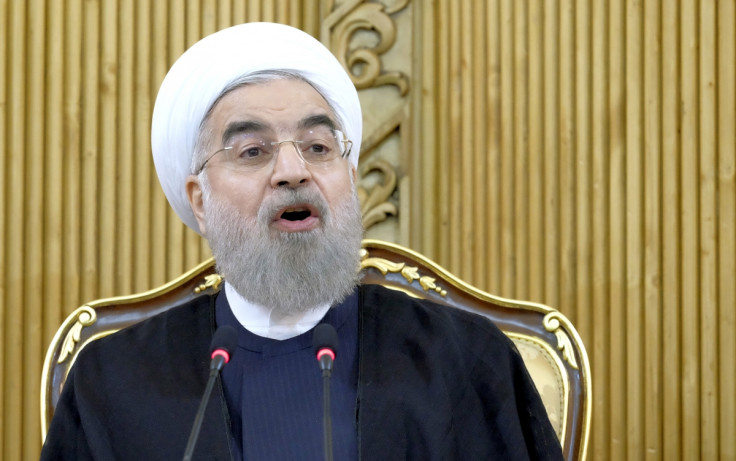Iran hands over 25,000lb of uranium to Russia in line with landmark nuclear deal

Iran shipped 25,000lb (11,000kg) of low-enriched uranium to Russia, marking a step towards fulfilling its commitments under a historic nuclear deal struck in July. The move is aimed at reducing Iran's ability to make nuclear weapons — something Tehran has long maintained it has no interest in.
US Secretary of State John Kerry, an instrumental force behind the deal, made the announcement on 28 December, saying: "I am pleased to report that we have seen important indications of significant progress towards Iran completing its key nuclear commitments under the deal. This removal of all this enriched material out of Iran is a significant step toward Iran meeting its commitment to have no more than 300 kilograms of low-enriched uranium by implementation day."
Under the agreement reached on 14 July in Vienna, Iran is required to reduce its stockpile of low-enriched uranium to no more than 300kg, or about 660lb, which according to experts is not enough to manufacture a nuclear weapon. The current shipment also included a stock of uranium that had been enriched to higher levels.
A Russian diplomatic source confirmed the move to Tass news agency. In return Moscow will transfer 140 tons of raw uranium to Iran for further enrichment and use in its nuclear plants for civilian purposes.
In the historic deal struck between Iran and the so-called P5+1 group of world powers, Tehran agreed to scale back its nuclear programme. In return, western nations agreed to lift economic sanctions and unfreeze Iranian assets worth an estimated $100bn (£670m), besides allowing it to return to the global oil market.
On 16 December, the International Atomic Energy Agency (IAEA) unanimously closed a decade-long investigation into Tehran's nuclear programme. It will now need to confirm that Iran has met all conditions of the deal, including a reconfiguration of its heavy water reactor at Arak so that it produces only a tiny amount of plutonium as a by-product of power generation. Iran has also agreed not to build any more heavy water reactors for 15 years.
Ali Akbar Salehi, director of Iran's Atomic Energy Organization, said it will remove all of its active centrifuges by the year-end. The last stage, known as implementation day, is expected in January 2016, after which all formal sanctions on Tehran will be lifted
© Copyright IBTimes 2025. All rights reserved.





















